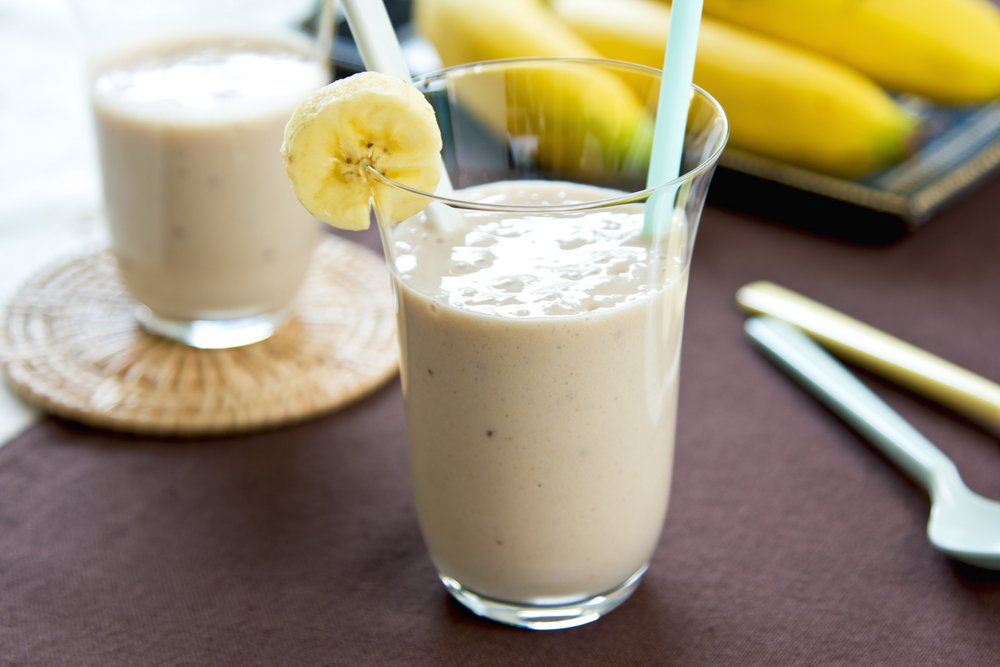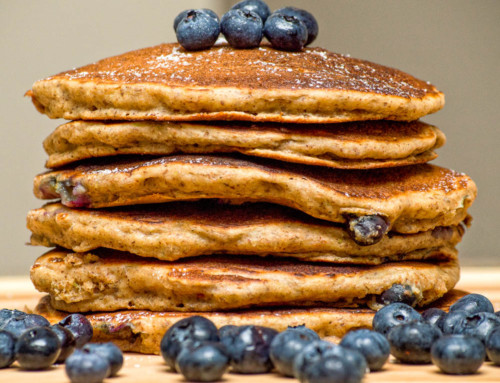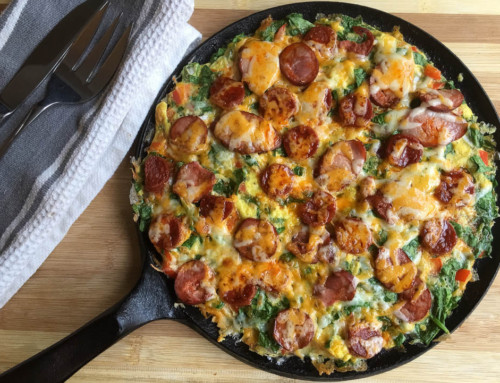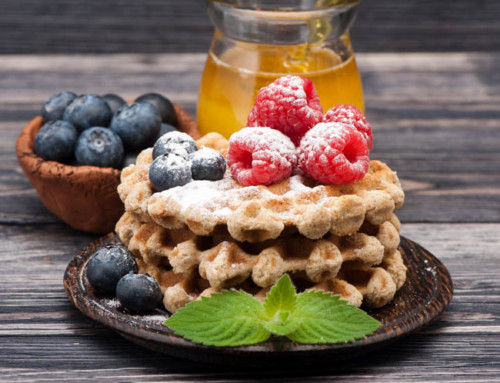We are all aware that food is, energy to the body, and measured in units called calories. The basis of food is not only for energy but also nutrients – Macro and Micronutrients – for any and all bodily functions. Eating more food then the body uses results in weight gain and the opposite is true for weight loss. This reason is a trigger for many to start counting calories in order to control body weight. Such decisions create further temptations when selecting type of foods to eat. For example, we can opt to eat a 150 calories piece of cake over a similar calorie apple. Fact believed by many that if we eat less then the body needs, it will resort to burning stored fat as fuel; resulting in weight loss. Another misunderstood fact is the opposite effect of ingesting excess calories in order to bulk-up and build muscle.
Body weight and calories consumed, go hand in hand. However, ever wonder why this concept seems to fail overtime? Keeping within a certain calorie range and eating mostly treats like cakes and breads, does not result in effective weight loss. Consumption of excess calories in predominant carbohydrate form will result in fat gain rather then muscle mass. The calories-in verses calories-out concept is not as simple as we are taught to believe. Yes, it’s important to pay attention to how much we’re eating, however what we’re eating is just as important – if not more so. Not all calories are created equal, will be the focus of this article.
Calories provide Energy
Most of us have heard the scientific definition that a calorie is, “a unit of heat used to indicate the amount of energy that foods will produce in the human body…” (blah, blah, blah). BUT what does this mean exactly?
The words – food, calorie, energy – have a similar meaning, when used to describe their importance to human life. Simply stated, food contains energy and this value (amount of energy) is quantified as calories. The body uses energy, obtained from food, to carry out it’s functions. Excess energy is stored for later – energy is never wasted. We need energy to preform a variety of daily tasks like pumping blood, blinking, breathing, walking, sitting and standing. In addition to energy, the body grows, rebuilds and repairs itself using nutrients acquired from food. The human body completely regenerates it’s skin every 7-days. A cut heals and disappears in a week or two. Every single cell in our skeleton is replaced every 7-years. In order to perform such large scale regenerations the body needs and demands energy and nutrients from it’s food source.
Cake Calories – good for Energy
All food products provide energy – a piece of cake, as well as an apple. We are all well aware which one is the better for our health. However, we may not be aware as to why an apple is better then the alternative cake. Both food products are majority carbohydrates and provide energy though the digestion process. Cake is mostly simple carbohydrates – one or two sugar molecules – which are easily digested/broken down, as needed. This type of digestion will easily provide energy and excess energy gets stored – mostly as fat. There is nothing else of value in a piece of cake that the body can utilize.
Apple Calories – good for Nutrients and Energy
An apple provides nutrients – vitamins, mineral and complex carbohydrates (fiber) – along with energy. Nutrients – raw materials – work as two-fold. First, complex carbohydrates (fiber) – long sugar chains, partly indigestible – provides energy for the body through slow digestion. Secondly the nutrients are extracted and reused, repurposed, to make new molecules and carry forward reactions; the body needs. Nutrients like vitamins and minerals are necessary for growth, healing, repair and maintenance of the body. Furthermore, carbohydrates (sugar) in an apple are complex. Complex carbohydrates – fiber- are directly involved in digestive health and satiety (felling of fullness), therefore decreasing overall calorie consumption. Body runs on energy but nutrients obtained from this energy source dictate how well/fast the body can identify, engage and adapt to stress, be it physical or emotional.
Calories have a deeper purpose
As with an apple and cake, not all food calories are created equal. One provides a quick energy boost in form of simple sugars, while the other offers energy accompanied with nutrients; vitamins and minerals that are needed for body’s maintenance. For optimum performance, the body requires energy and nutrients.
Focusing on calories alone in order to control weight, creates a narrow window of understanding about food’s purpose; excluding it’s complex power that body needs to grow, rebuild and repair. Calorie counting, without considering nutrient content of foods, is a pitfall to body weight management. This complex topic of nutrients and energy is covered in greater detail in our The No-Diet Book, learn more.






